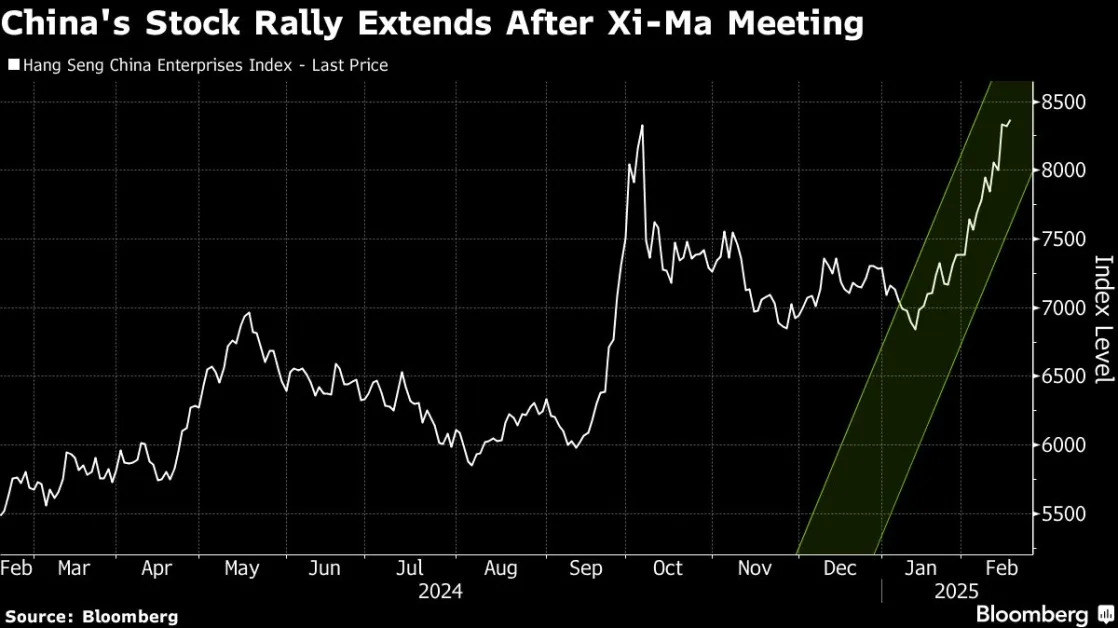
Apple (NASDAQ: AAPL) didn't ascend to become the world's most valuable company, with a market cap that exceeds $3.4 trillion (as of Aug. 19), without doing some things right. This is undoubtedly a wonderful business that has rewarded its shareholders tremendously.
Just in the past five years, this " Magnificent Seven " constituent skyrocketed 333%, well ahead of the Nasdaq Composite Index 's gain. But where will Apple stock be in five years? The answer might shock you.
The rise of software and services
Apple's business composition has transitioned in the last several years. To be more specific, software and services are becoming a more important part of the company's success.
Apple provides customers with various offerings. There's iCloud, AppleCare, Pay, Card, Music, TV+, Fitness+, News+, Arcade, and App Store, all bolstering the company's digital presence.
In the fiscal 2024 third quarter (ended June 29), Apple raked in $24.2 billion in revenue from software and services, an 83% jump from the same period four years earlier. The gross margin on this segment of 74% is superb, much better than that of the hardware division.
I think a valid argument can be made that without software and services, Apple wouldn't be as dominant. The company has been wildly successful because of its ecosystem, which includes the seamless combination of its hardware and software. The former might attract consumers, but the latter is what keeps them engaged and locked in.
"We have well over 1 billion paid subscriptions across the services on our platform, more than double the number that we had only four years ago," CFO Luca Maestri said on the company's third-quarter 2024 earnings call.
Apple is still an iPhone company
Of course, we can't ignore the hardware piece of the puzzle. Of Apple's $85.8 billion in Q3 sales, 72% came from products. And the vast majority is still derived from the iPhone, the crown jewel that is one of the most successful product lines in corporate history.
Five years from now, I'm sure that software and services will rise in importance from both a revenue and profit perspective. But in 2029, the iPhone will still move the financial needle for this business. That's not to say anything negative about the rest of the product lineup. The AirPods, Watch, iPad, and MacBook have all been huge winners for the company.
Apple's AI push, known as Apple Intelligence , promises to make products and services even more useful to consumers in their daily lives. But at the end of the day, management and shareholders are probably hoping that the new technology will result in higher iPhone unit sales. With the newest models set to launch later this year, we'll get a clear look at demand trends.
Had Apple not abandoned its rumored plans to launch an electric autonomous vehicle, we could've seen a major product launch within the next five years that really could've made a sizable impact.
Temper expectations
Apple is not a young, hypergrowth enterprise anymore. This is a mature company. And that's evident when you consider that revenue was up by just 5% in the latest fiscal quarter, after falling 3% in fiscal 2023.
Furthermore, Wall Street consensus analyst estimates believe the top line will increase at a 6% annualized pace between fiscal 2023 and fiscal 2026. That shouldn't be a surprise. It's hard to keep growing a yearly sales base that's approaching $400 billion.
But the market has high expectations. The stock trades at a price-to-earnings ratio (P/E) of 34. In the past decade, shares have sold for an average P/E multiple of 22, so it's safe to assume that Apple is extremely expensive today.
My belief is that valuation will prove not to be a tailwind for investors going forward. In fact, it could decline and become a headwind as the market accepts that Apple is a low-growth business now. Don't be shocked if this stock underperforms the Nasdaq Composite Index over the next five years.
Before you buy stock in Apple, consider this:





